Mathematics
Mathematics
Curriculum Framework
The central focus of the Mathematics curriculum is the development of mathematical problem-solving competency. Supporting this focus are five inter-related components (in Figure 1) – concepts, skills, processes, metacognition and attitudes.
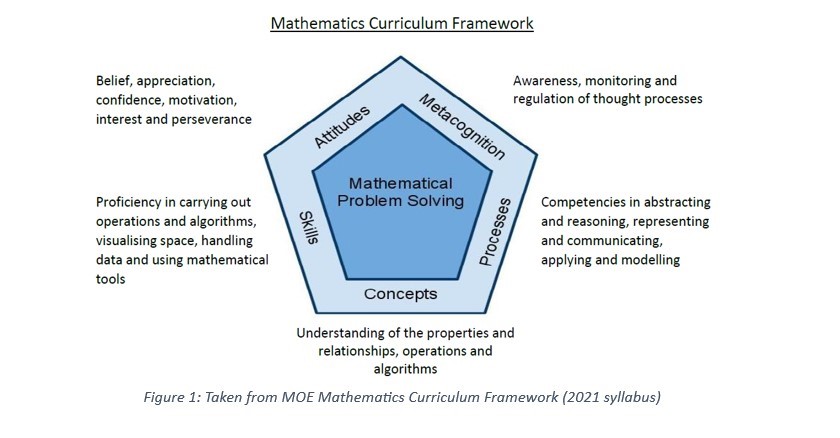
Our school supports Xingnanians in achieving mastery in Mathematics through a multifaceted approach that nurtures critical and creative thinking. It emphasizes Exploration & Discovery, providing students with opportunities to analyze mathematical situations and uncover concepts independently, fostering inquisitiveness. Through Communication, learners are encouraged to articulate and discuss their ideas, helping them develop reasoning skills and refine their mathematical language. Meaningful Learning is promoted by connecting mathematical concepts to real-life situations, enhancing understanding and relevance. Additionally, our school integrates Manipulatives and Technological Aids to offer hands-on learning experiences, enabling students to bridge abstract concepts with concrete understanding. This comprehensive strategy equips students to think logically, abstractly, critically, and creatively.
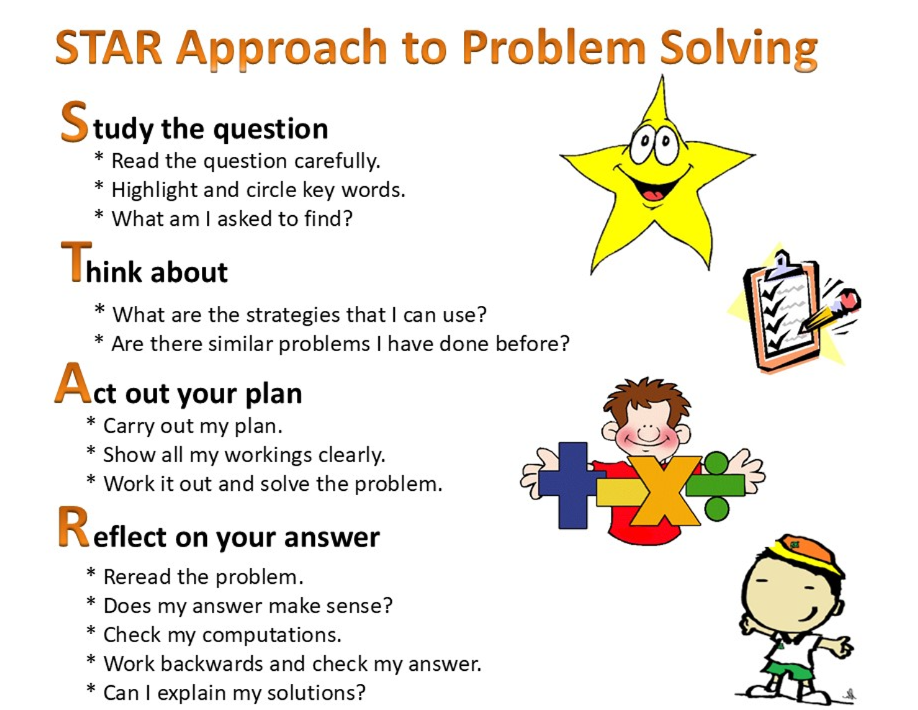
Key Programmes and Learning Experiences
At Xingnan Primary School, the primary aims of the Mathematics curriculum are for students to:
-
Acquire mathematical concepts and skills for everyday use and continuous learning in mathematics;
-
Develop thinking, reasoning, communication, application and metacognitive skills through a mathematical approach to problem solving; and
-
Build confidence and foster interest in mathematics.
Our Mathematics lessons and programmes focus on developing experiential learning, and promoting self-directed learning through ICT tools.
CPA Approach
The Concrete-Pictorial-Abstract Approach (CPA) is used in Mathematics lessons to develop a strong understanding of Mathematical concepts.
-
Concrete (“Doing” stage): Use of concrete objects
-
Pictorial (“Seeing” stage): Use of representations of objects
-
Abstract (“Symbolic stage): Use of abstract symbols
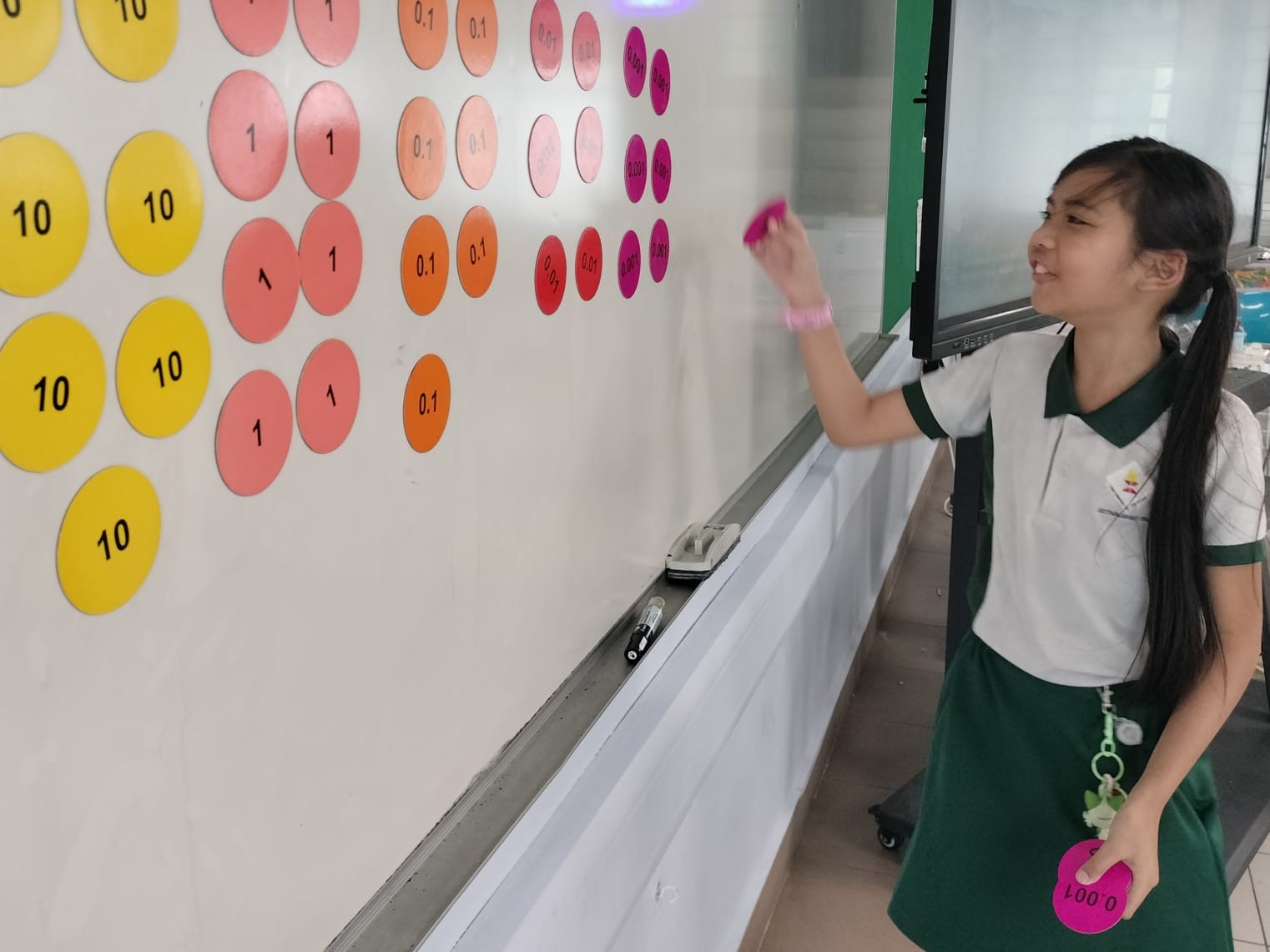
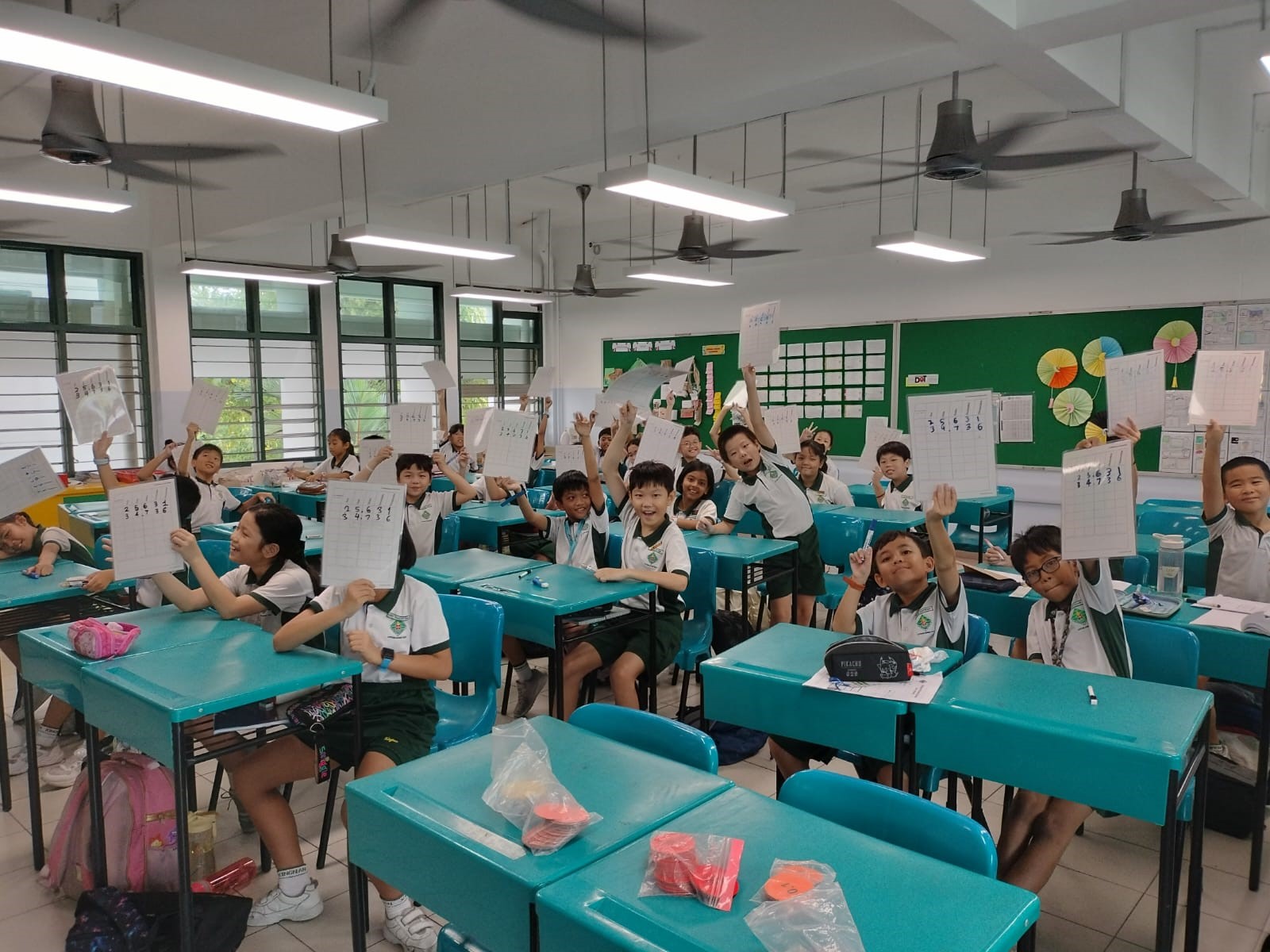
Students learning about Decimals through the CPA Approach.
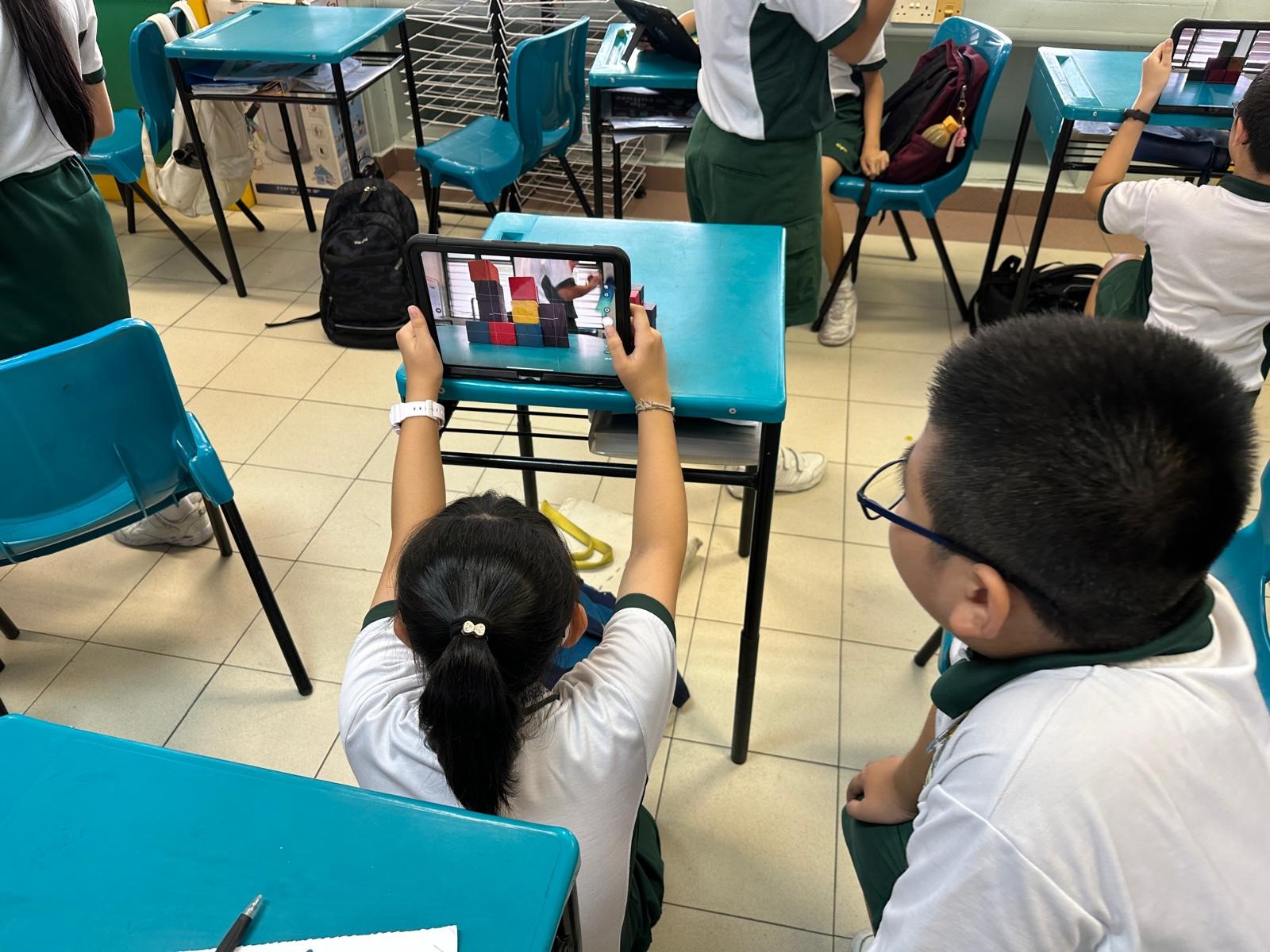
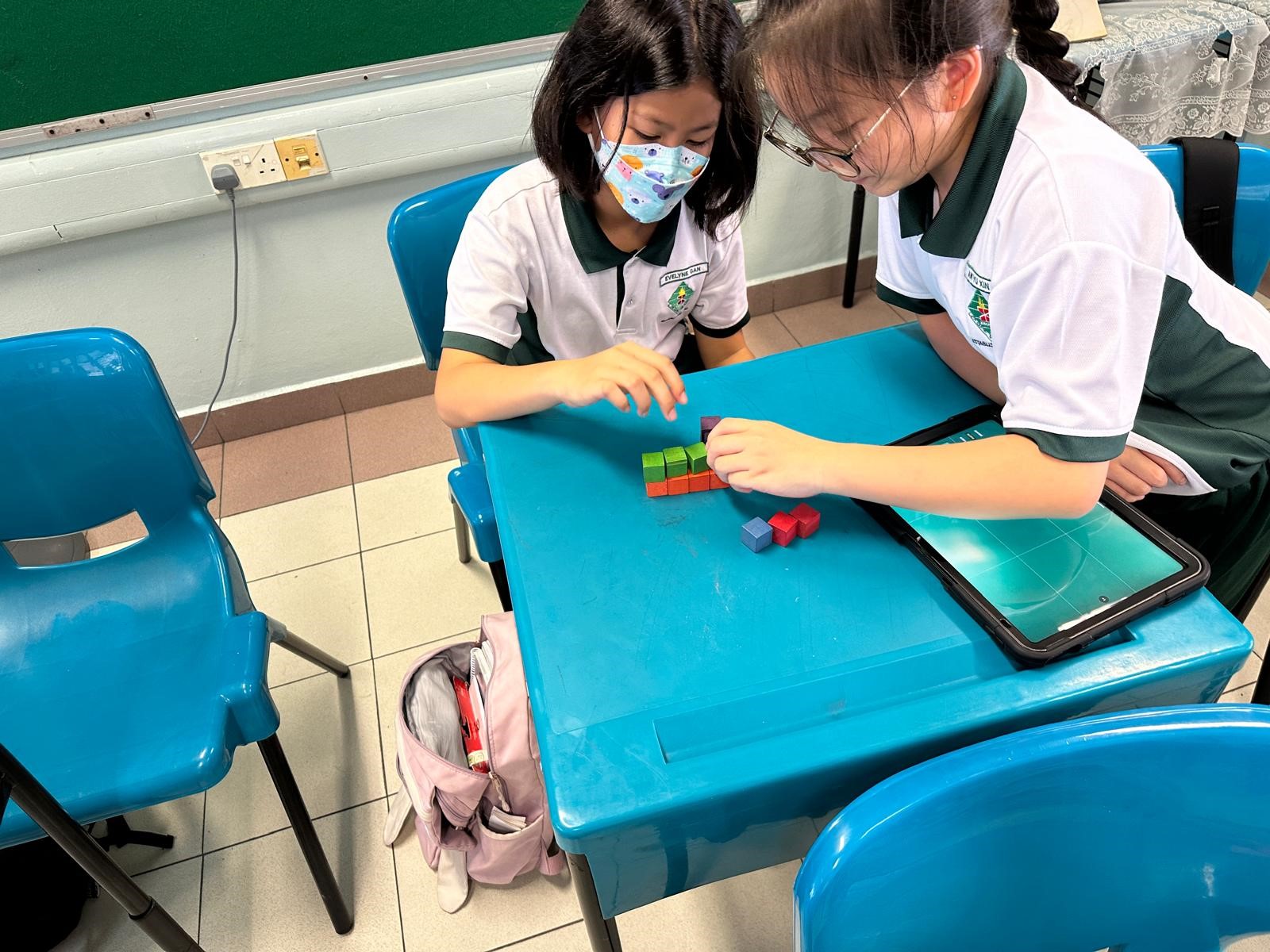
Students learning about different views of solid figures.
STAR Approach
Students will be exposed to different types of heuristics skills. They will be taught how to approach different problems using Polya’s four steps to problem-solving or the STAR approach – Study the question, Think of a plan, Act on the plan and Reflect on the answer.
KooBits
All Primary 1 to 6 students are given access to KooBits, an online Mathematics learning platform designed to encourage self-directed learning with minimal teacher supervision. Through positive reinforcement and motivation, KooBits offers interactive and engaging learning experiences via collaborative tasks, competitive games and rewards such as badges and virtual credits. With consistent practice, students develop proficiency and achieve mastery of the skills taught in class.
E2K Programme
The E2K Mathematics Programme is for selected Primary 4 to Primary 6 students who display interest and aptitude for Mathematics. It aims to develop students' mathematical reasoning skills and deepens their understanding through an inquiry approach. They are engaged in mathematical thinking through resources such as puzzles, games and mathematical explorations. This programme helps students develop the habits, attitudes and dispositions mathematicians possess and gain important 21st century competencies skills.
Learning Support in Mathematics Programme
The Learning Support in Mathematics (LSM) programme provides early intervention for Primary 1 to Primary 4 students who require additional support, with a focus on developing numeracy skills. The programme focuses on basic mathematical skills and concepts to build a strong foundation. It aims to develop students’ confidence and foster positive beliefs in their ability to do Mathematics. A key feature of LSM is the smaller class size, which allows for more individual attention from the teacher.
Achievements
Students are encouraged to participate in the Mathematics competitions to demonstrate their Mathematics skills and motivate them to strive for excellence in the learning of Mathematics. Some competitions students take part in include (i) Asia Pacific Mathematical Olympiad for Primary Schools; (ii) Raffles Mathematical Olympiad; and (iii) National Mathematical Olympiad of Singapore.
Table 1: Achievements of Xingnanians
|
(2024) |
|||
|
S/N |
Competition |
Award |
No |
|
1 |
Asia Pacific Mathematical Olympiad for Primary Schools |
Silver |
1 |
|
2 |
Raffles Mathematical Olympiad |
Certificate of Merit |
5 |
|
3 |
National Mathematical Olympiad of Singapore |
Silver |
1 |
|
Bronze |
2 |
||
|
Honourable Mention |
5 |
||

